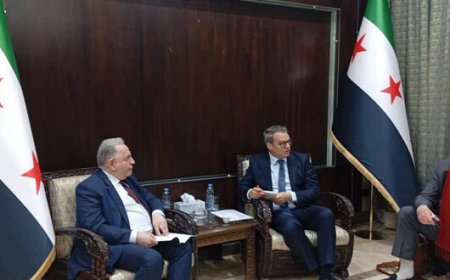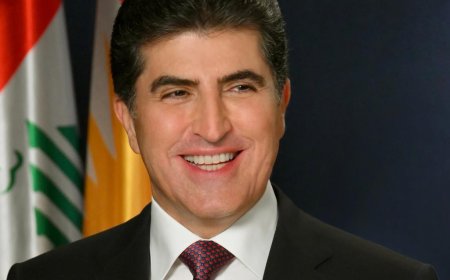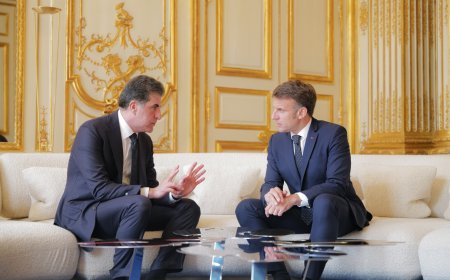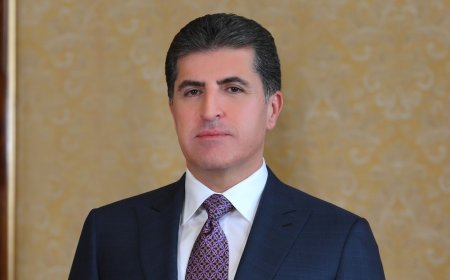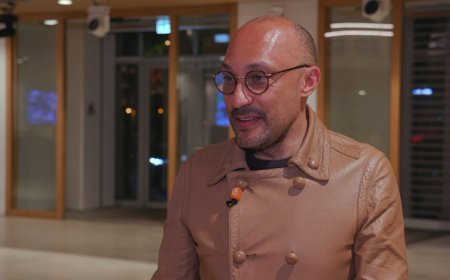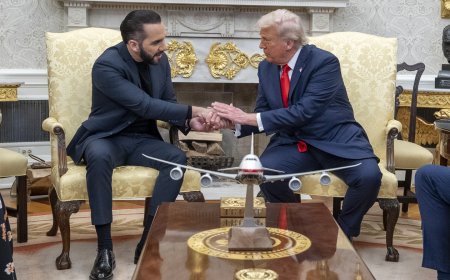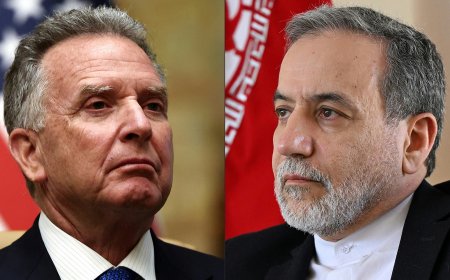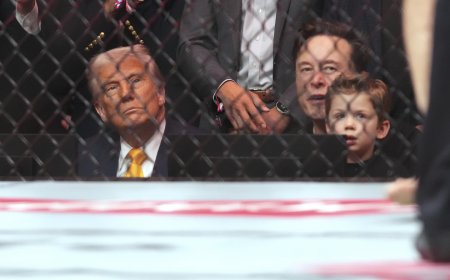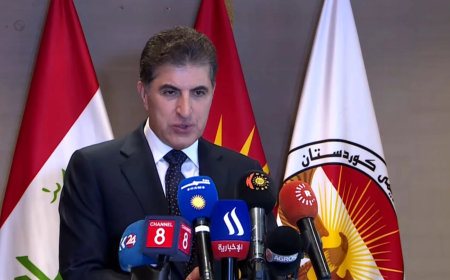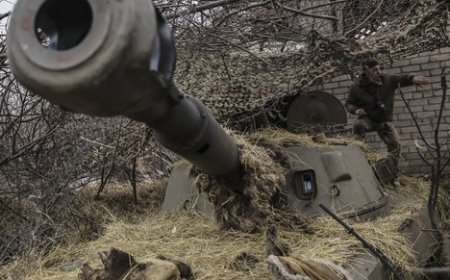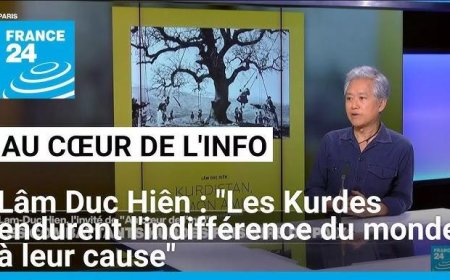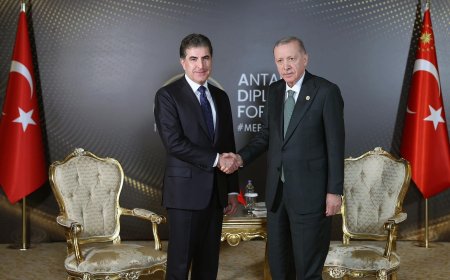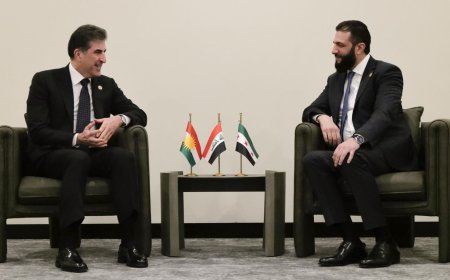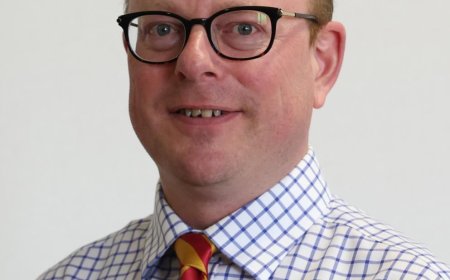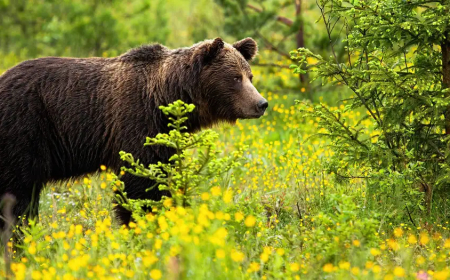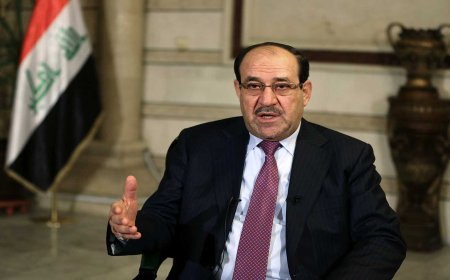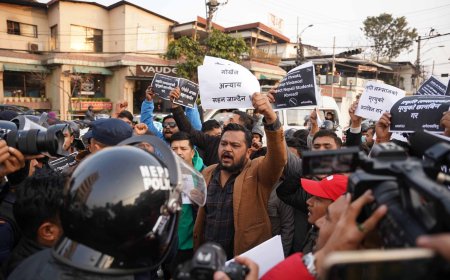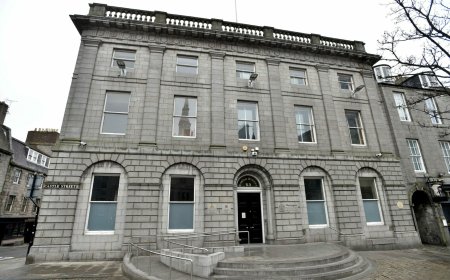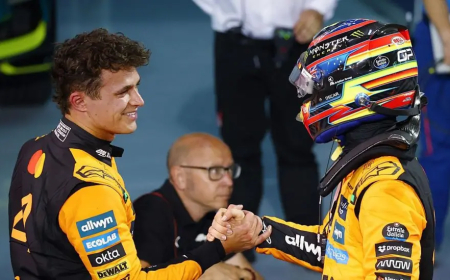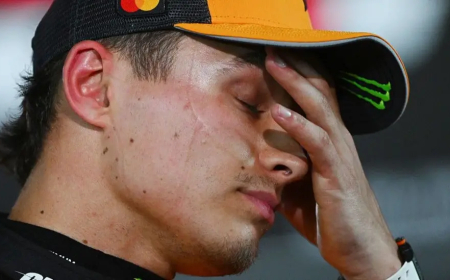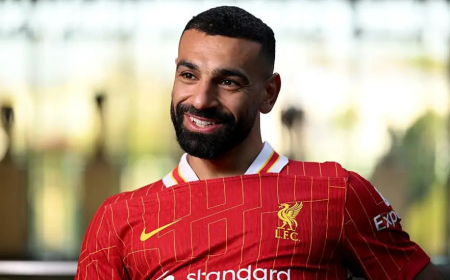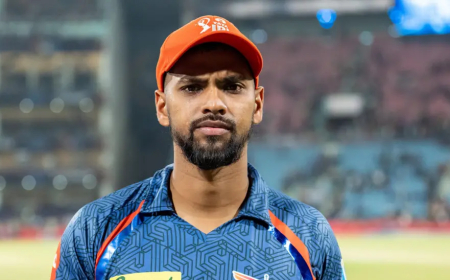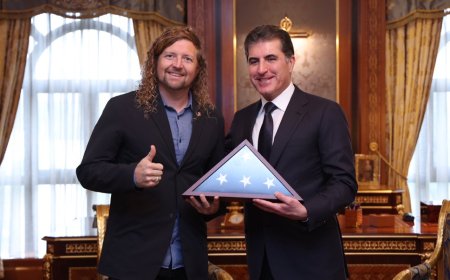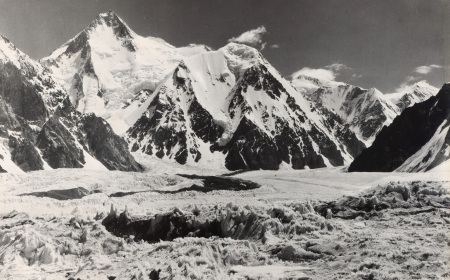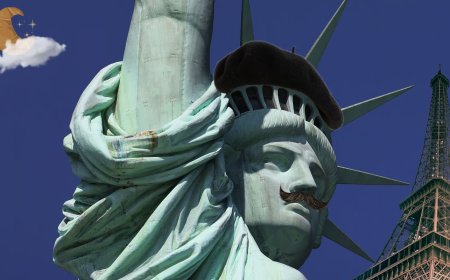Reclaiming diplomacy in a fragmented world
By Michael EJ Phillips / Lecturer at the Department of French at Salahadin University.
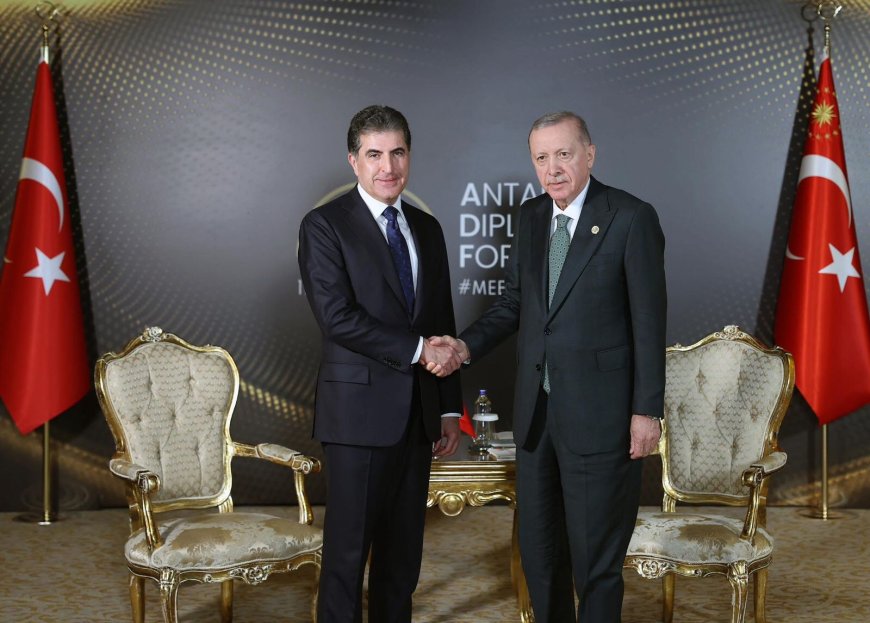
The Antalya Diplomacy Forum has as its core focus the need for dialogue and diplomacy amidst the challenges of an increasingly fragmented world. Founded by Foreign Minister Mevlüt Çavuşoğlu of Türkiye in 2021, it is aimed at high level members of the international community including heads of state and government, foreign ministers, those in the business world, academics, representatives of civil society and so on.
In response to criticism from that her foreign policy is seen as ‘neo-Ottoman’ or ‘Pan-Islamist’, the general purpose of the conference has been to offer a different vision as to how Türkiye’s external affairs might be. To this end, from its initial iterations, greater priority has been paid to issues of wider global concern such as food security, the coronavirus pandemic, global health, energy security, sustainable development and artificial intelligence, for example.
Through what it calls the ‘Antalya Initiative’, compromise, dialogue and discussion with regional neighbours and rivals are key stated objectives of Türkiye’s foreign policy. This links in not only to their expansion of defence, trade and cultural reach, but also to the promotion of a peaceful, inclusive and multilateral world order. It is, in short, the aspiration to offer fresh perspectives on the challenges that affect us all.
The most recent Antalya Diplomacy Forum took place between the 11th – 13th April 2025. Its theme was Reclaiming diplomacy in a fragmented world. Such a concept is very much at the heart of what President Nechirvan Barzani believes in respect of the Iraqi Kurdistan Region. Central to his vision are the principles of tolerance, respect and consensus; the preference for and advantages of dialogue over conflict. It was in this spirit that he attended the Forum, meeting several important world leaders and those with influence on the world stage.
His first meeting was with President Recep Tayyip Erdoğan, where they discussed the importance of Türkiye’s relations with Iraq and the Kurdistan Region in all fields, alongside the Development Road Project. They also stressed their mutual desire to expand joint cooperation in a way that serves the shared interests of both sides. The two further covered the peace process with the Kurdistan Workers’ Party, something of great mutual interest to both Türkiye, Iraq and the Kurdistan Region among others.
His second meeting, with the Syrian president, Ahmed al-Sharaa, focussed on the future of Syrian relations with Iraq and the Kurdistan Region, emphasising the principles of good neighbourliness and mutual interest, while also highlighting the importance of continued efforts to combat the threat of ISIS. President al-Sharaa shared his vision for a Syria that embraces all communities, ensuring that the Constitution guarantees the rights of every citizen. It is worth noting that this is a similar approach to that taken by President Nechirvan Barzani with respect to the Kurdistan Region of Iraq.
The next day, in meeting the Russian Foreign Minister Sergey Lavrov, the focus of discussion was on Russia’s relations with Iraq and the Kurdistan Region, including efforts in the area of economic cooperation. They also exchanged views on the overall situation in Iraq and the wider region, including current political and security developments. Both sides also reiterated the importance they attach to relations between Russia, Iraq, and the Kurdistan Region, and reaffirmed their mutual desire to expand bilateral cooperation in various fields. They also spoke about Erbil-Baghdad relations, the situation in Syria, and other matters of mutual interest.
Several other meetings at the Antalya Diplomacy Forum included one with the Turkish Minister of Defence, Yaşar Güler, in which they described the peace process in Türkiye as important and historic, underlining the need to work towards its advancement. They agreed on the importance of collective efforts and coordination among countries in the region to preserve peace and stability and to steer the region away from further crises and instability.
With the Secretary-General of the Arab League, Ahmed Aboul Gheit, President Nechirvan Barzani discussed the relationship between Iraq, the Kurdistan Region and the Arab League. They also touched on Erbil–Baghdad relations alongside recent political developments in Iraq, as well as the importance of maintaining stability and strengthening dialogue to resolve ongoing national and regional issues. He further praised the Arab League for its role in promoting dialogue and bringing member states together, with the Secretary-General in turn heralding the progress and significant role played by the Kurdistan Region in the preservation of Iraqi peace and stability as well as in the wider region.
Finally, among others, President Nechirvan Barzani’s meeting with EU Special Representative for the Gulf Region (Luigi Di Maio) covered the importance of strengthening relations between the Kurdistan Region and the European Union, and enhancing bilateral cooperation across various sectors. They also discussed regional and international developments alongside their impact on Iraq, the Kurdistan Region, and the wider area. Both parties agreed on the importance of maintaining peace and stability in the region through dialogue, mutual understanding, and the peaceful resolution of conflicts and tensions, in order to prevent further instability.
It can therefore be seen that the concepts of discussion, tolerance and mutual respect as espoused by President Nechirvan Barzani are foremost in a modern approach to diplomacy. The hope of all is that we continue on this path of dialogue towards peace, rejecting conflict if at all possible.
